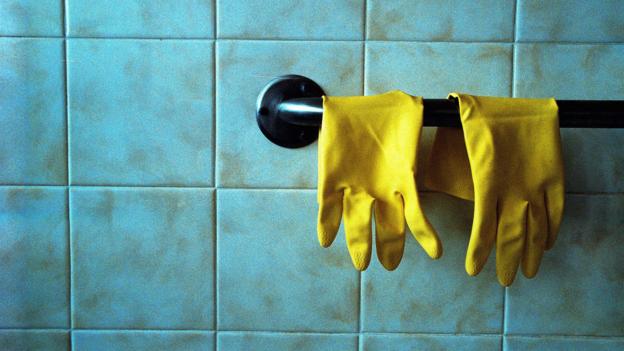Other observers have argued that rather than criticising those who pay for help, greater effort should be put into elevating the status of household work, whether paid or unpaid.
“Why someone elects to hire a cleaner is no more morally relevant than why she might decide to order in a pizza rather than cook or why she hires someone to mow her lawn,” concluded John R Bowman and Alyson M Cole in their paper on the Swedish “maid debate” for the University of Chicago.
“It’s a bit strange really, when you think about it, that it’s like one job has been seen as sort of lesser than the other,” agrees Anna Coyet Komheden, 44, a civil servant who has employed a cleaner for her home in the Swedish capital for around a year.
She notes that property repairs and renovations for homeowners have also been tax deductible for years in Sweden, but says that debates about scrapping subsidies for these tasks have been far less intense.
“I can see that one [renovation work] is in a way more highly qualified and we want a society that is highly qualified… but these jobs [household work] are needed too in society.”
She admits that she has sometimes felt uncomfortable about paying another woman to clean her property though, for example when it has coincided with a day she is working from home.
“I feel like I’m in the way and I feel bad like ‘I should be doing this [household work]’ and now she’s here… But if I am at work when she comes then I don’t think about it, it’s a bit easier.”
Value for money?
By far the biggest source of debate is whether the policy is value for money: it cost Sweden 5.4bn kronor ($570m) in 2019.
When the subsidies scheme was first launched, backers argued that it would end up being cost-neutral, since it would create enough tax revenue from employment to make up for the state’s contribution. But while the Employer’s Organisation for the Swedish Service Sector’s report estimated that the government recovers 90% of its costs, the researchers behind the Swedish National Audit Office’s recent study were much more cautious.
“We don’t present an exact number…. but it doesn’t pay for itself,” says Anna Brink, project manager for the review.
She also points out that the policy has encouraged labour migration from less affluent EU countries such as Poland and the Baltic states, which wasn’t the original goal.
“If the purpose or the objective of the policy is that people on the Swedish labour market should get employment, then of course, it’s a problem if these jobs instead go to labour migrants.”













